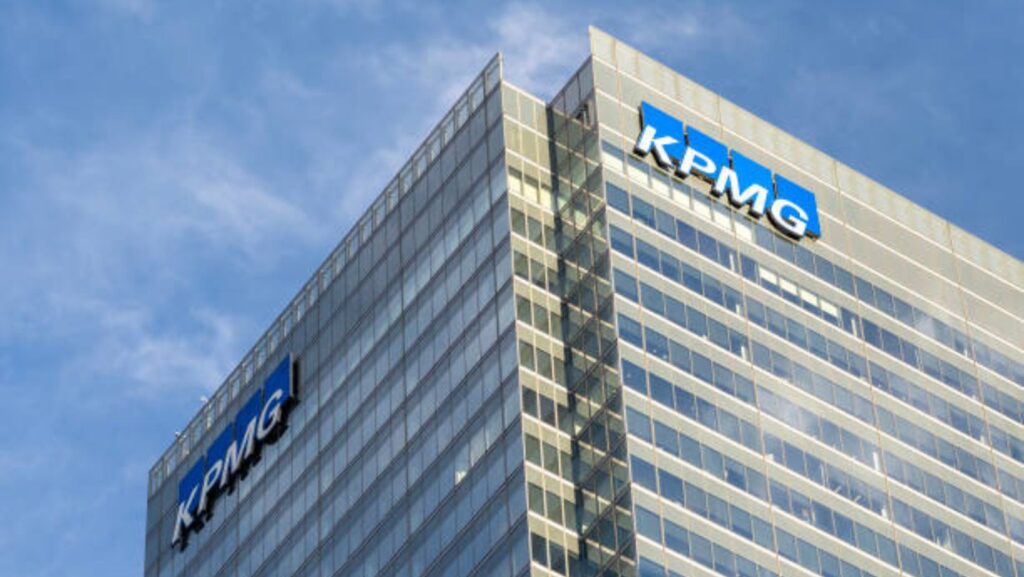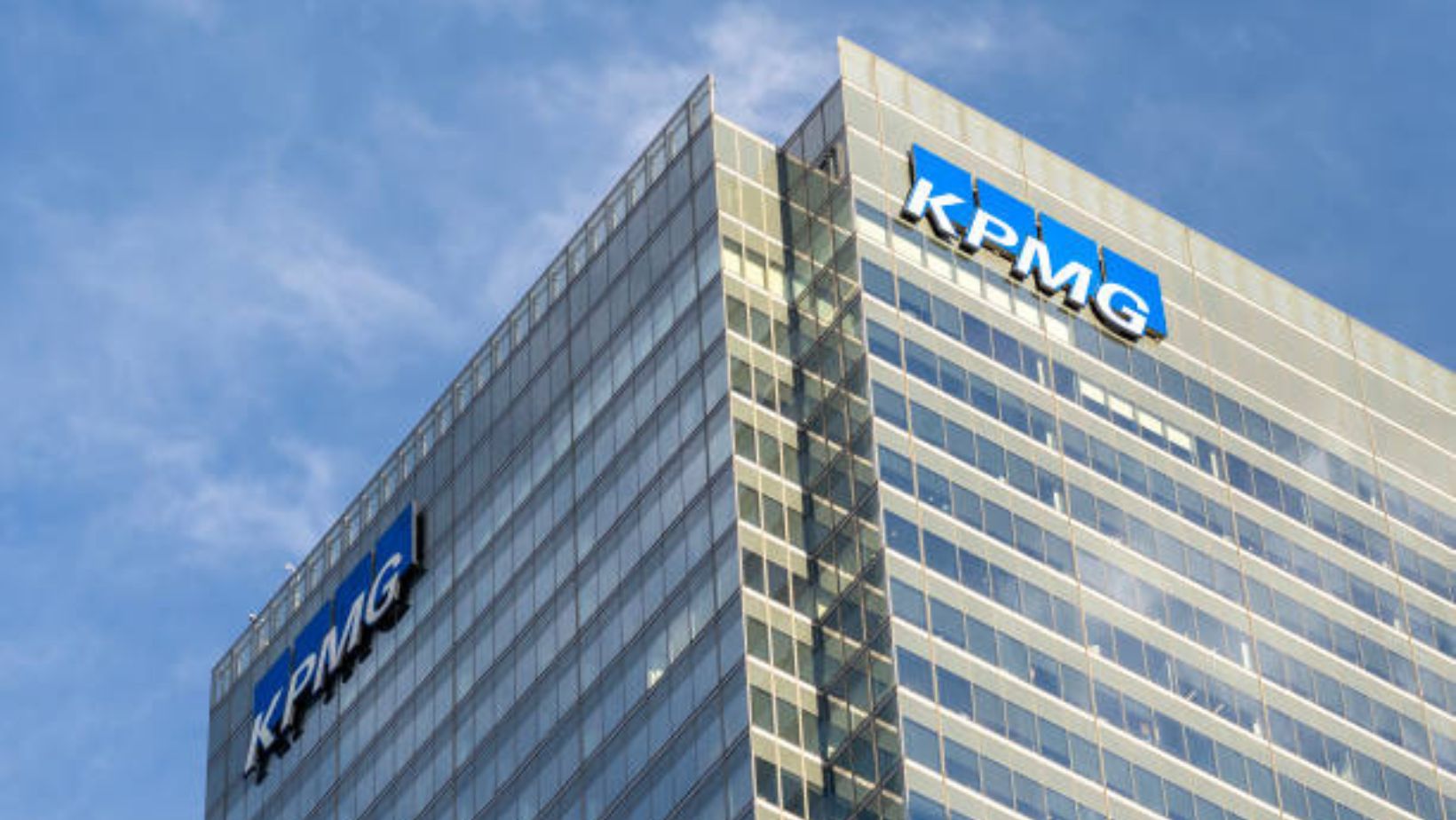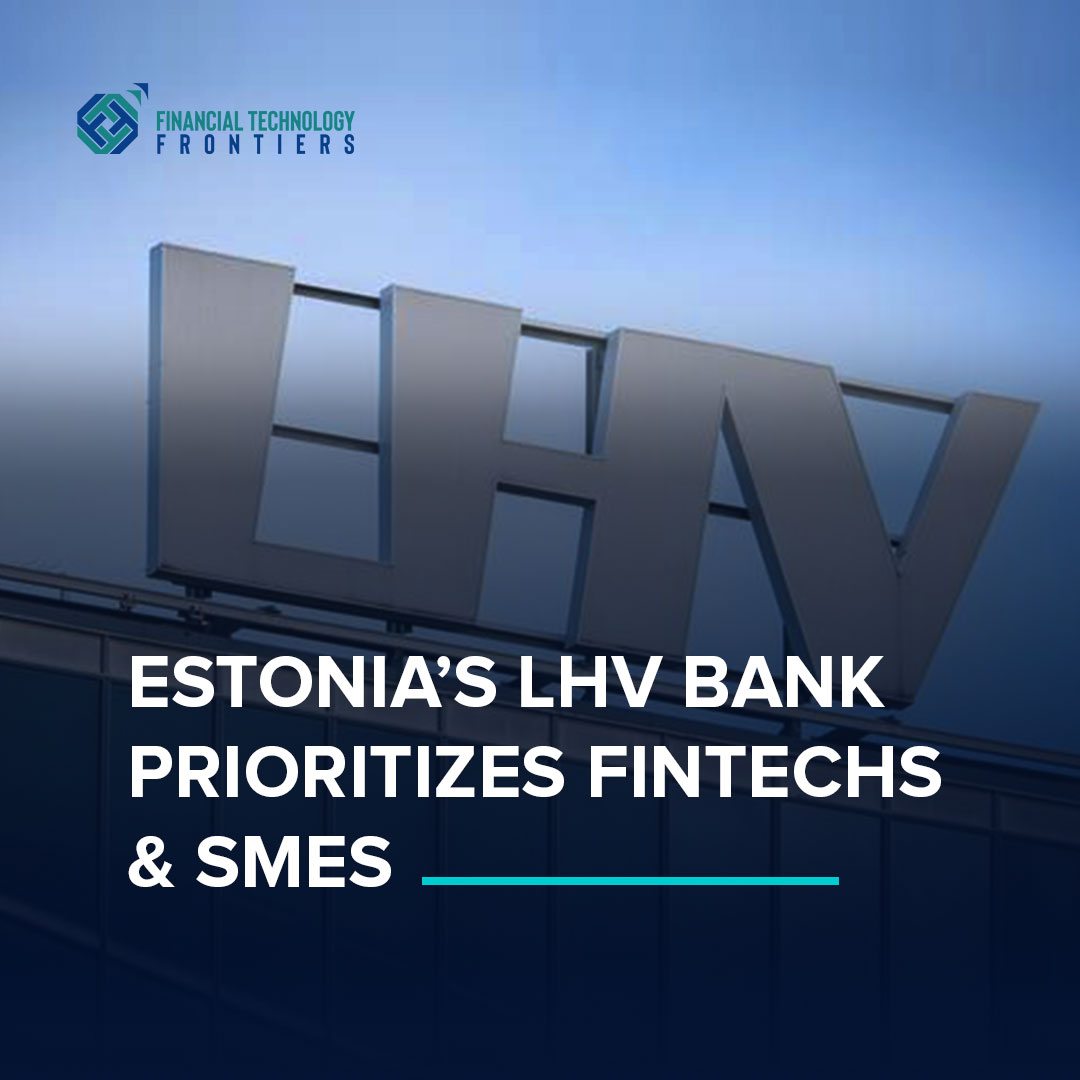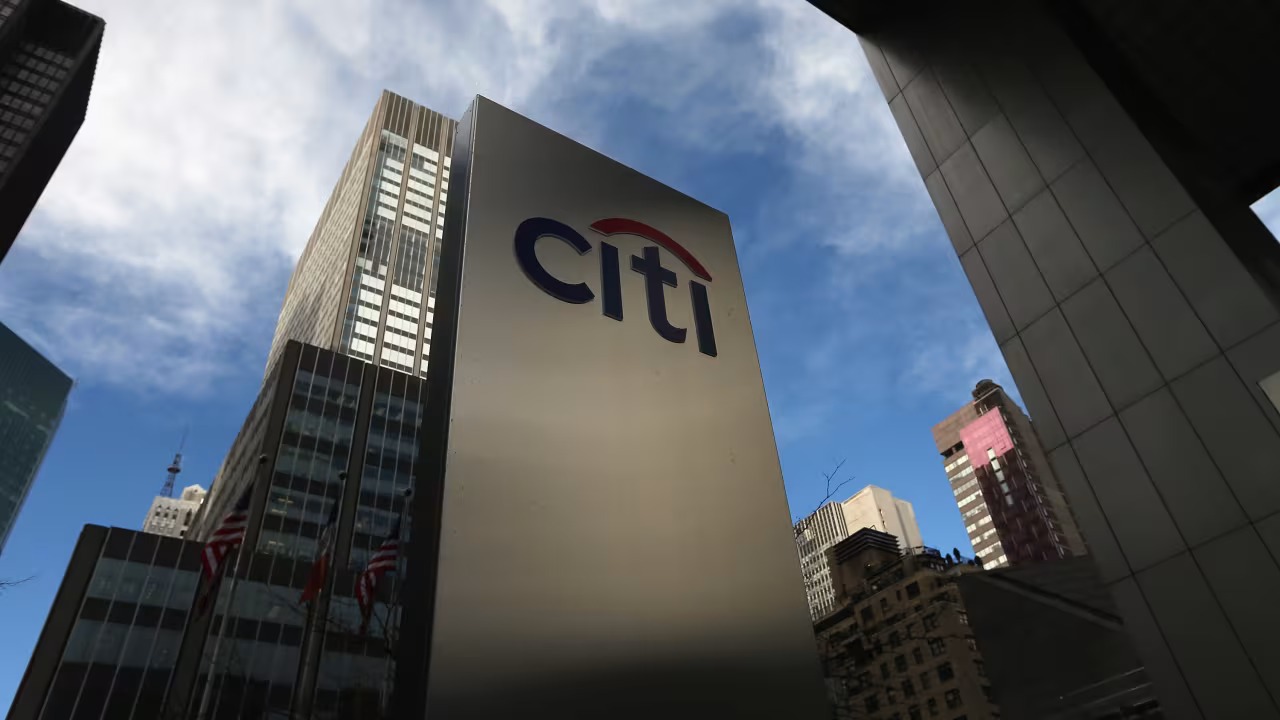 The first six months of 2023 were difficult for the fintech market globally, with both total funding and the number of deals dropping, from US$63.2 billion across 2,885 deals in H2’22 to US$52.4 billion in across 2,153 deals in H1’23.
The first six months of 2023 were difficult for the fintech market globally, with both total funding and the number of deals dropping, from US$63.2 billion across 2,885 deals in H2’22 to US$52.4 billion in across 2,153 deals in H1’23.
The cloud of uncertainty permeating the market continued to wear on investors, driven by factors including global macroeconomic concerns (high inflation and rising interest rates), geopolitical tensions (the ongoing conflict between Russia and the Ukraine), and tech sector challenges (depressed valuations and a continued lack of exits). The collapse of several US banks early in 2023 likely also kept many investors in wait and see mode during H1’23.
But not all the news was negative in H1’23. According to the H1’23 edition of KPMG’s Pulse of Fintech, a number of sectors attracted robust funding during the first half of 2023. Supply chain and logistics-focused fintechs attracted US$8.2 billion in funding in H1’23—well above the space’s 2019 annual record of US$5.5 billion. Green fintech also had robust interest, with US$1.7 billion of funding during H1’23— already slightly ahead of its 2022 results (US$1.5 billion).
At a regional level, the Americas saw fintech funding grow—from US$28.9 billion to US$36.1 billion between H2’22 and H1’23—despite a decline in deals volume—from 1,323 to 1,011 deals—over the same timeframe. In the EMEA region, fintech funding dropped by more than 50%, falling from US$27.3 billion across 963 deals in H2’22 to US$11.2 billion across 702 deals in H1’23. Fintech funding also dropped in the ASPAC region—from US$6.8 billion across 583 deals in H2’22 to US$5.1 billion across 432 deals in H1’23.
The US took the lion’s share of fintech funding in H1’23, its US$34.9 billion in funding accounting for more than two-thirds of the US$52.4 seen globally. The US also attracted five of the seven US$1 billion+ fintech deals of H1’23, including the US$8 billion buyout of Coupa by Thomas Bravo, the US$6.9 billion VC raise by Stripe, the US$4 billion acquisition of EVO payments by Global Payments, the US$2.6 billion buyout of Duck Creek Technologies by Vista Equity Partners, and the US$1.8 billion buyout of Moneygram by Madison Dearborn Partners LLC. The EMEA region and ASPAC regions each attracted a single US$1 billion+ deal during H1’23; in EMEA, UK-based Wood Mackenzie was acquired by Veritas Capital for US$3.1 billion, while in ASPAC, China-based Chongqing Ant Consumer Finance held a US$1.5 billion VC funding round.
Fintech funding
Payments continued to attract a large share of fintech funding globally during H1’23, accounting for US$16.2 billion in funding, including the three largest deals of the quarter—the US$8 billion buyout of Coupa by Thomas Bravo, the US$6.9 billion VC raise by Stripe, and the US$4 billion acquisition of EVO payments by Global Payments.
With no end to many of the geopolitical and macroeconomic uncertainties in sight, fintech funding in H2’23 is expected to remain relatively soft—although if the market stabilizes, fintech funding could start to see a cautious rebound. One area well-positioned to see a strong uptick in interest from investors in H2’23 is artificial intelligence—and generative AI, in particular—as companies around the world look to leverage AI’s full potential as part of efforts to improve both operational efficiencies and customer value.
“It wasn’t a surprise to see fintech funding decline in the first six months of 2023, given the enormous headwinds pressuring the market at the moment. But the long-term business case for many subsectors within fintech remains very strong—particularly for sectors like payments, insurtech, and wealthtech. Once market conditions begin to even out, funding will likely rebound–if not to the record level experienced in 2021,” said Judd Caplain, Global Head of Financial Services, KPMG International.




